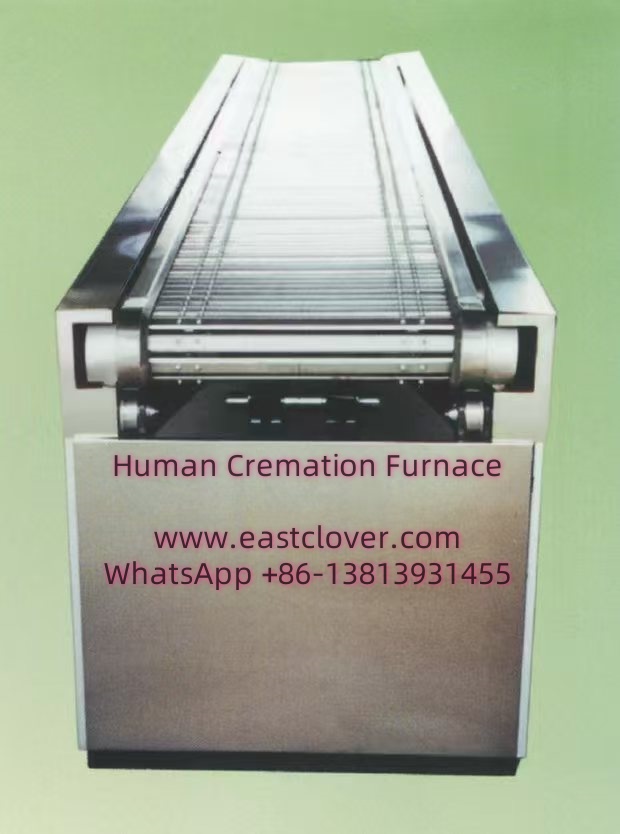Introduction to Cremation in Lagos
Lagos, Nigeria’s bustling metropolis, faces unique challenges in managing funeral services due to rapid urbanization, limited land space, and diverse cultural practices. Traditional burials, deeply rooted in Nigerian customs, are becoming increasingly impractical. Cremation, once a less common choice, is now gaining traction as a sustainable and space-efficient alternative. Modern cremation furnace technology is at the forefront of this shift, offering eco-friendly, efficient, and dignified solutions for end-of-life services.
Traditional vs. Modern Cremation Practices
Historically, cremation in Lagos relied on rudimentary, wood-fired furnaces that raised environmental and health concerns due to uncontrolled emissions. These methods were energy-intensive and often inaccessible due to high costs. Today, state-of-the-art cremation furnaces leverage advanced technologies to address these issues, aligning with global sustainability standards while respecting local traditions.
Modern Cremation Furnace Technology
Key Features of Advanced Cremation Systems
- Automated Controls: Precision temperature management ensures efficient combustion and reduces fuel consumption.
- Emission Reduction: Multi-stage filtration systems (scrubbers, catalytic converters) minimize harmful particulates and gases.
- Energy Efficiency: Utilization of lower energy sources like natural gas or electricity, cutting operational costs.
- Modular Design: Scalable systems adaptable to varying demand, ideal for Lagos’s dynamic population.
- Digital Integration: Remote monitoring and diagnostics for proactive maintenance and operational transparency.
Environmental Impact
Modern furnaces reduce carbon footprints by up to 90% compared to traditional methods. They comply with international environmental regulations, capturing toxins like mercury and dioxins, making them a responsible choice for Lagos’s densely populated urban environment.
Adoption Challenges in Lagos
- Cost Barriers: High initial investment for importing advanced equipment.
- Infrastructure: Intermittent electricity supply complicates reliance on electrically powered systems.
- Cultural Perceptions: Educating communities about cremation’s benefits remains critical for wider acceptance.
- Regulatory Compliance: Navigating local laws and emission standards requires collaboration with authorities.
The Future of Cremation in Lagos
Innovations such as AI-driven combustion optimization, solar-powered furnaces, and biodegradable urns are poised to redefine funeral services. Partnerships between local governments and private sectors will be vital to subsidize costs and promote eco-conscious practices.
www.southclover.com
Modern cremation furnace technology offers Lagos a sustainable path forward, balancing cultural values with environmental stewardship. As adoption grows, these systems will play a pivotal role in shaping a more efficient and compassionate funeral industry for Africa’s largest city.
Frequently Asked Questions
Is cremation widely accepted in Lagos?
While burial remains dominant, cremation is increasingly embraced by urban populations and non-traditional communities due to practicality and environmental awareness.
How do modern cremation furnaces reduce pollution?
Advanced filters and scrubbers neutralize harmful emissions, complying with WHO air quality guidelines.
What is the cost difference between burial and cremation?
Cremation is typically 30–50% cheaper, avoiding expenses like land purchase and grave maintenance.
Are there religious objections to cremation in Nigeria?
Some faiths discourage it, but many interdenominational facilities now accommodate diverse beliefs.
How long does the cremation process take?
Modern systems complete cremation in 1.5–3 hours, depending on body weight and furnace type.

Comments are closed